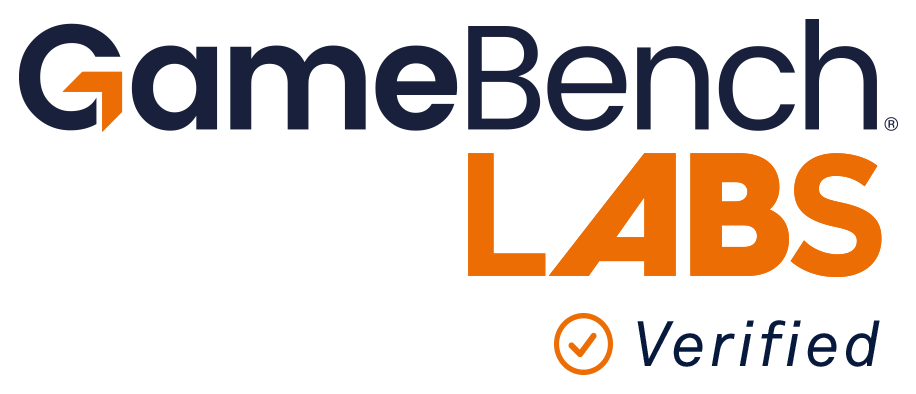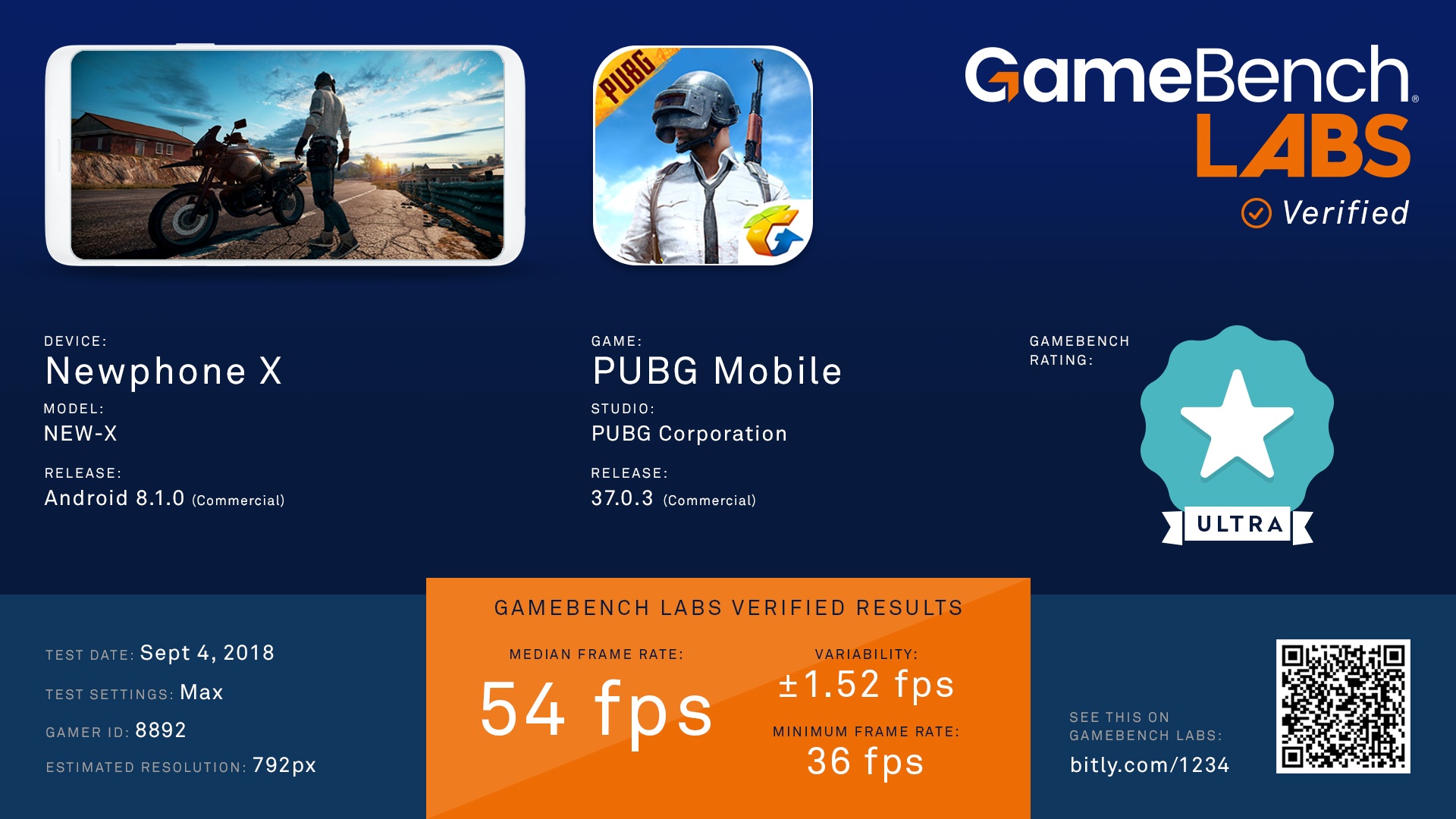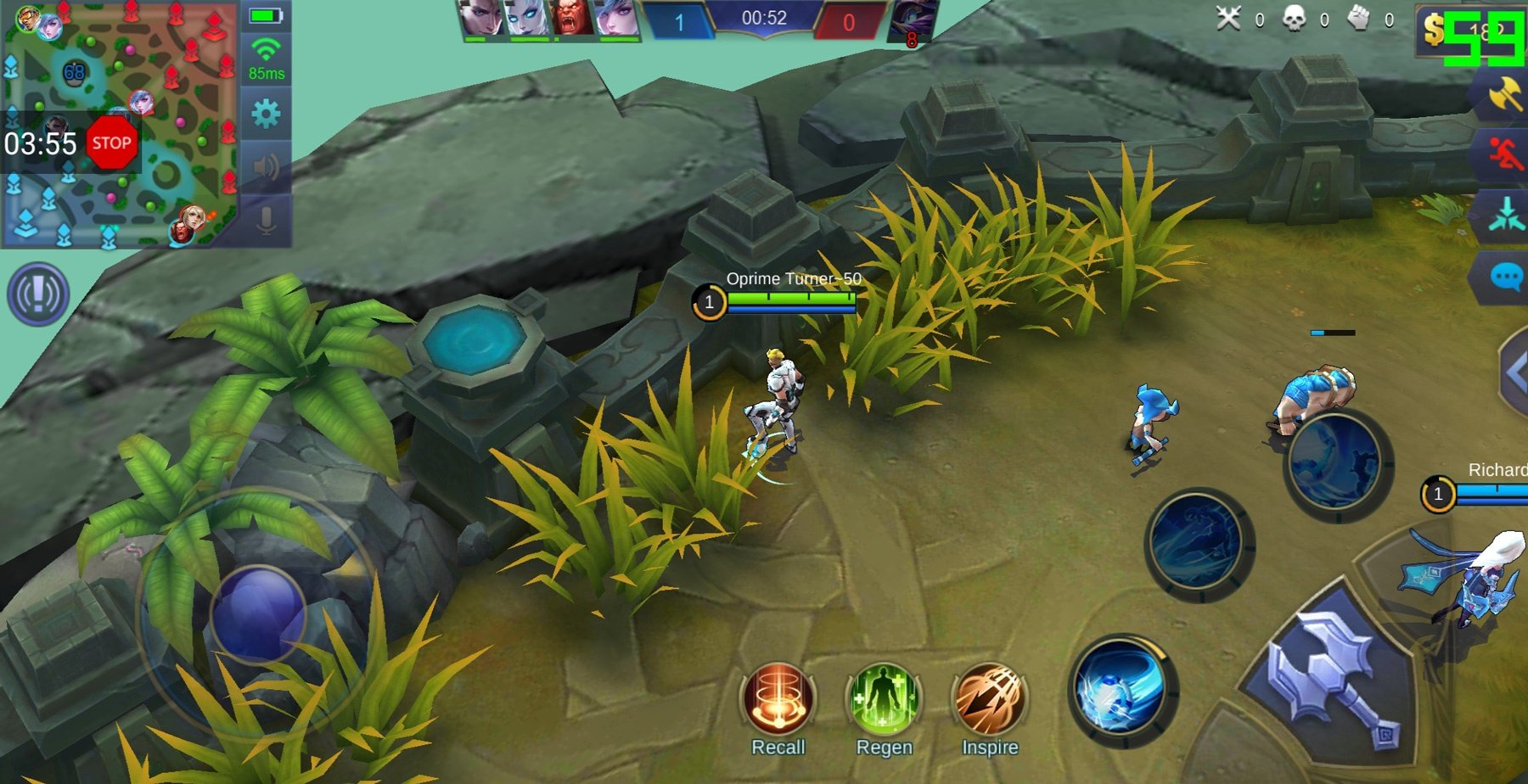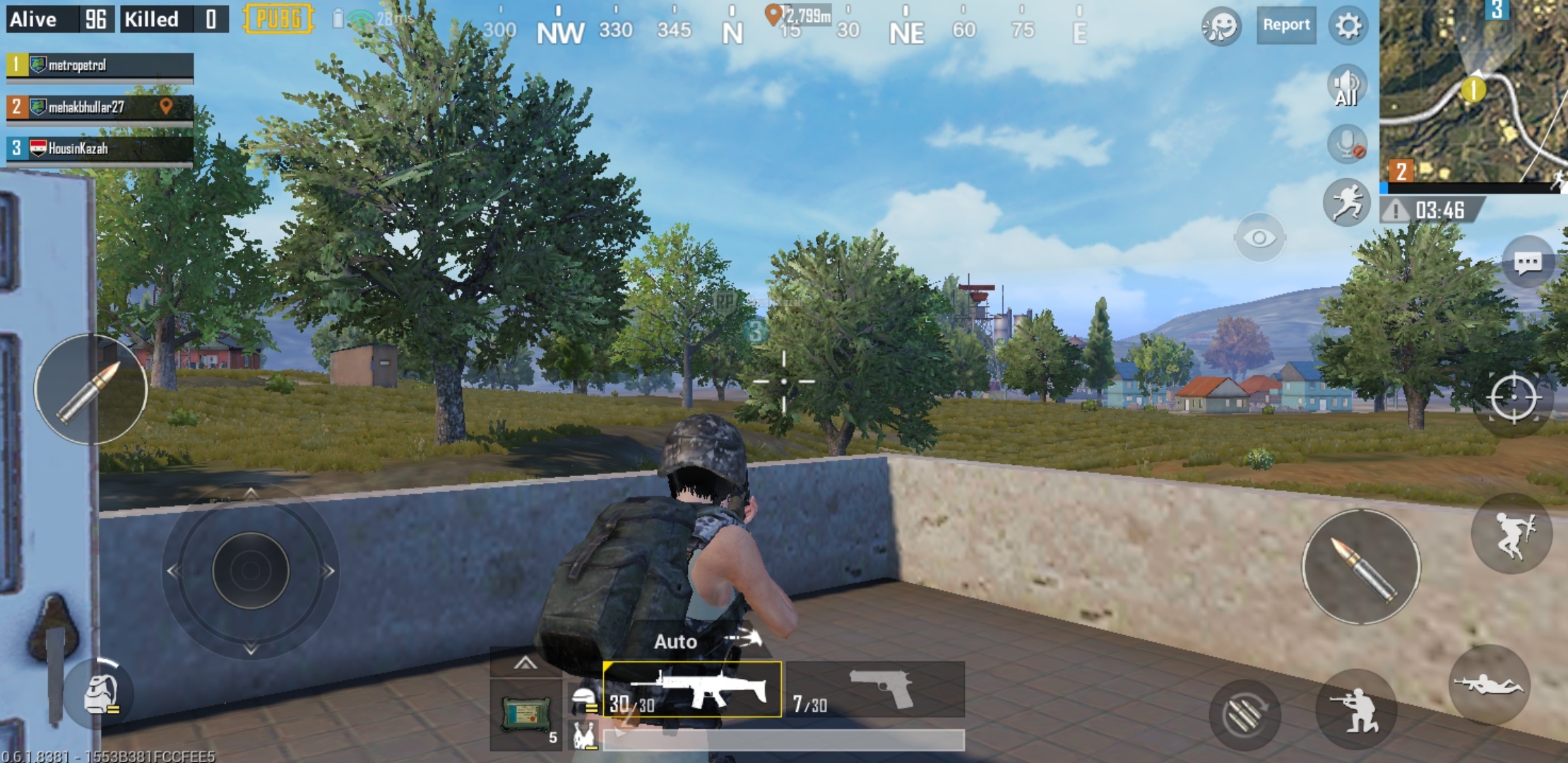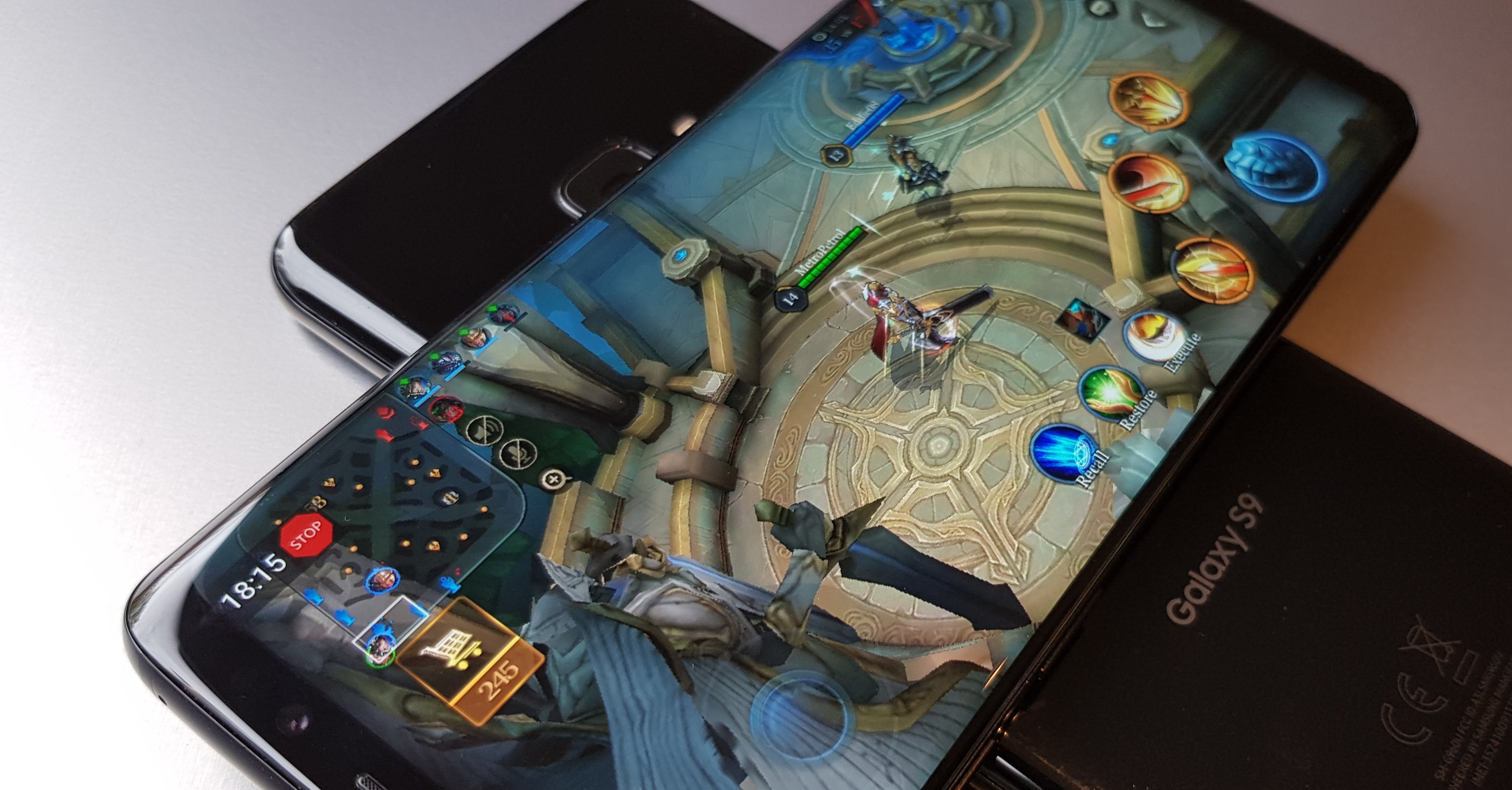Huawei launched the Mate 20 X today with a simple marketing claim: this is a smartphone dedicated to the needs of gamers. But such claims need evidence and that's why Huawei (a GameBench client) sent a pre-release device over to our new testing department, GameBench Labs. We tested the phone's graphical performance across three popular and computationally demanding mobile titles that Huawei nominated: NBA 2K18 by 2K, Mobile Legends: Bang Bang by Moonton, and PUBG Mobile by Tencent Games. Read on to see how the Mate 20 X fared compared to the Apple iPhone Xs Max and Samsung Galaxy Note9.
GameBench Staff
Recent Posts
Introducing GameBench Labs: Providing verified performance results to device makers and game studios
GameBench is rapidly growing in popularity as a mobile testing tool, which people can use for any purpose they like. It's great to see our software being used by phone enthusiasts like XDA for benchmarking, by game studios like Rovio for QA and by device makers like OnePlus for hardware optimisation. At the same time, we've also seen increased demand from our clients for us to offer GameBench as an end-to-end benchmarking service, in which we take charge of testing and publishing authoritative and credible results for their products. In response, after a year of experimenting with publishing ratings via our Reference Data Beta, we're pleased to announce the launch of GameBench Labs! Please read on for more...
- GameBench Staff
- 27. September 2018
Huawei’s new software optimisation for mobile gaming, which goes by the name of GPU Turbo, has so far received a skeptical reception in Europe. This is understandable, because Huawei handset owners won't get the GPU Turbo update until later this month (starting with P20, Mate 10 and Honor 10 models), and in the meantime there's been little evidence to support the manufacturer’s bold claims about improved performance and power consumption.
- GameBench Staff
- 01. August 2018
Battle Royale games like Fortnite and PlayerUnknown's Battlegrounds (PUBG) rely on the principle that all players start on a broadly equal footing. So when a player is put at a disadvantage by their mobile device, for example through increased lag or other technical issues, then it's bound to hurt the game -- as many iPhone X owners are discovering to their cost.
Common sense tells us that this should be a match made in heaven: One of the world's most popular and profitable mobile games, Arena of Valor, running on one of the world's most popular and powerful smartphones, the Samsung Galaxy S9. But rather than rely on common sense, we prefer objective data. How well does this pairing of app and device perform in reality? How power efficient is it? And is the gaming experience an upgrade over the Galaxy S8 or iPhone X? We used the GameBench Android app (available for free from the Play Store) to find out...
- GameBench Staff
- 04. May 2018

